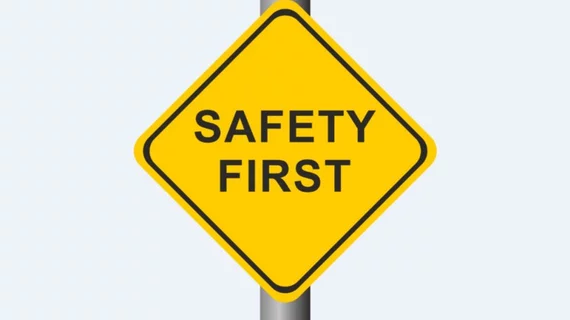AAPM, ACR release statement on radioactive material in cremated bodies
The American Association of Physicists in Medicine (AAPM) and American College of Radiology (ACR) have published a statement to ease potential concerns from the general public about radioactive material in cremated bodies.
The statement is related to a recent research letter published by JAMA. The letter’s authors observed that radiation contamination was present at a crematorium where a patient who had been treated with a radiopharmaceutical had been cremated.
“Radioactive materials are used routinely in medical practice to improve human health,” according to the AAPM/ACR statement. “The risk of harm to the crematorium operator is so small that it cannot be measured.”
The statement also notes that consensus guidelines from the Centers for Disease Control and Prevention and Department of Energy address this subject in great detail.
“The low-cost best practice of installing a simple radiation detector in hospital morgues, funeral homes and crematoriums would quickly alert staff to the presence of radioactivity,” according to the statement. “A certified medical physicist or health physicist has the expertise to determine when the measured radiation levels will have decreased to a level where it is safe to release the body to coroners, medical examiners, or mortuary services.”

